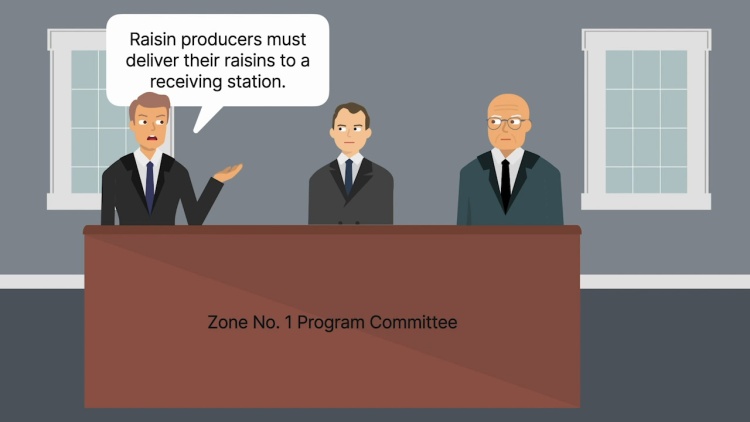Parker v. Brown
United States Supreme Court
317 U.S. 341 (1943)
- Written by Tom Syverson, JD
Facts
In an effort to prevent agricultural waste, the California Agricultural Prorate Act (CAPA) established programs intended to restrict competition among farmers and stabilize prices. In particular, CAPA established a system to classify raisins and distribute each grade of raisin in a manner deemed necessary for market stabilization. The system included participation by local farmers in the form of public hearings and voting. However, final authority for administration of the program lay with a state commission created by CAPA. Brown (plaintiff), a raisin farmer, sued to enjoin state officials (defendants) from enforcing CAPA, arguing that CAPA violated the Sherman Act.
Rule of Law
Issue
Holding and Reasoning (Stone, C.J.)
What to do next…
Here's why 899,000 law students have relied on our case briefs:
- Written by law professors and practitioners, not other law students. 47,000 briefs, keyed to 994 casebooks. Top-notch customer support.
- The right amount of information, includes the facts, issues, rule of law, holding and reasoning, and any concurrences and dissents.
- Access in your classes, works on your mobile and tablet. Massive library of related video lessons and high quality multiple-choice questions.
- Easy to use, uniform format for every case brief. Written in plain English, not in legalese. Our briefs summarize and simplify; they don’t just repeat the court’s language.





